In classical Greece, the austerity of everyday life was the Ancient Greeks’ greatest virtue. It also characterized a frugal diet based on the triad: olive oil, wheat, and wine.
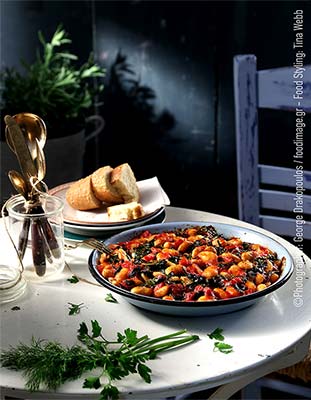
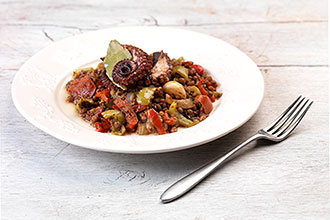
Most prevalent of the pulses were lentils. Classified as the food of the poor, lentils were rarely found in a rich household. Turns out their loss was the poor people’s nutritional gain. The ultimate superfood of its day, lentils packed high quality protein, complex carbohydrates, fiber, vitamins and minerals.
Studies show that the proteins of legumes, in combination with herbs and ingredients such as rice, wheat or tomato yielded the human body optimal health benefits. During fasting— a ritual still practiced in modern-day Greece—pulses enabled the creation of prescriptions. Remember, it was Hippocrates who said ‘Let food be thy medicine.’ And Greece’s nature is the largest pharmacy of all, when we have the knowledge and the wisdom to harness it.
The goodness of all these pulses would pass from generation to generation — in stories and recipes — resulting in our rich culinary heritage and the healthy Greek diet today.
As a child growing up on my native Paros, I couldn’t wait for Sunday to come! On Sundays, in all the houses on the island, we cooked the traditional food “revithada.” In Greek homes, it’s typical to serve ANY cooked legume 2-3 times a week. The wealth of Greek recipes are innumerable. Slow cooked “sigomageiremena” chickpeas, oven-baked with olive oil and a few vegetables, is so robust that those who savor this dish for the first time think they're eating meat. The taste is that great!
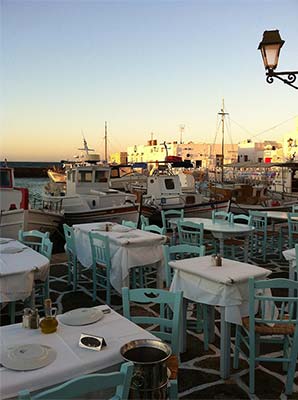
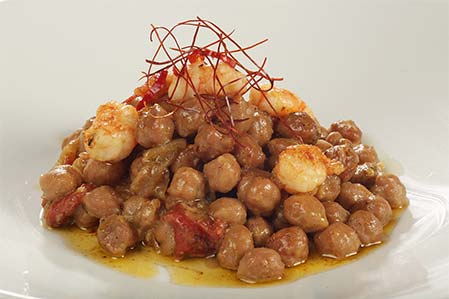
In 2005, I moved Papadakis to Kolonaki, an upscale (dare I say snobbish) neighborhood in the center of Athens. It was the decade that the Greek kitchen was completely diminished and the height of xenomania. I assure you that many “chic” Greeks had never before touched legumes before entering my estiatorio. Yet, now they're raving about my seafood and legumes and discovering “new” magical tastes.
Once, a university professor, Giorgos Veltsos exclaimed: “Bravo!” because I taught all of Kolonaki how to eat and enjoy legumes. Another notable Greek, a cosmopolitan director who fancied himself a foodie, told me he had never tried the revithada. Today he is my biggest supporter and word-of-mouth advertiser for the restaurant.
After 20 years in the Greek kitchen, I am proud to say I’ve created over 150 different recipes with Greek pulses. The acceptance by my clients and cooking show audience has motivated me to keep going. It's rewarding to cook with ingredients that have grown in Greece for thousands of years. Every day I honor their unique role in Greek cuisine.
History is our culture and history is not only the past but it is the present and the future for all to enjoy. Next time you travel to Greece, I invite you to savor Greek pulses, and the traditions and customs that weave through the centuries to your fork.
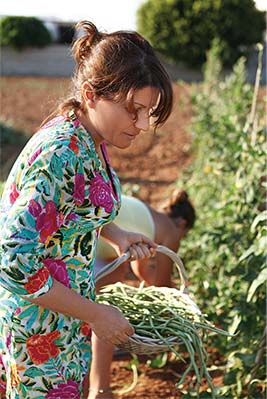
By Argiro Barbarigou, Celebrity TV Chef, Restaurateur, Author.
Argiro has provided four recipes for the International Year of Pulses, each of which can be accessed by clicking below:
Beans in Tomato Sauce with Feta Cheese (Gigantes Plaki)
Chickpea Soup with Minced Beef (Dodecanese)
Winter Bean Soup & Cheesy Bread with Walnuts
Aegean Split Pea Fava
Photo credit: Argiro Barbarigou and George Drakopoulos
